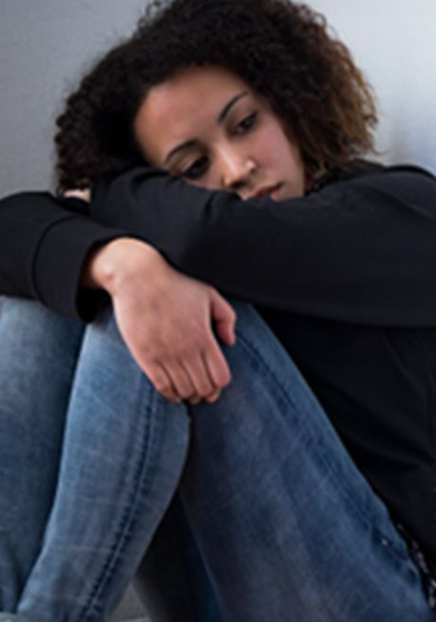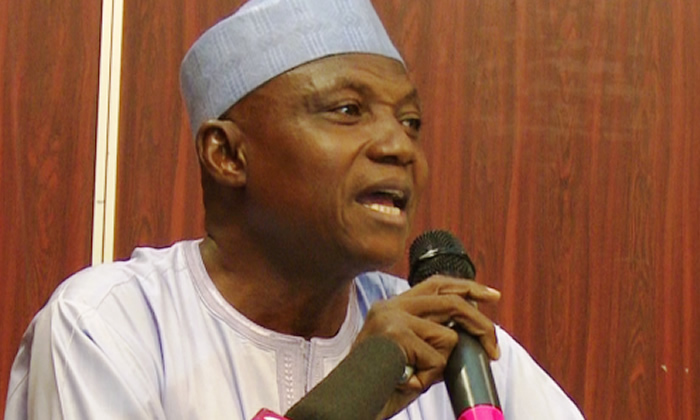
"Tired of Being the Senior Sister": Young Woman’s Emotional Confession Sparks Conversations on Firstborn Burdens

In a heartfelt outpouring that has captured the attention of many across social media, a young woman named Peter Emmanuella Eke, known online as @Adiaha637780, has struck a deep emotional chord with users after candidly expressing the emotional toll of being a firstborn daughter. In a post that now circulates across platforms, Emmanuella laid bare the mental exhaustion, frustration, and loneliness that come with shouldering what she described as a “motherly role” since the tender age of nine.
"I'm exhausted from having a younger sister," she began, immediately grabbing attention with the raw honesty of her words. But this wasn’t a rant out of bitterness or sibling rivalry—it was a cry for understanding, empathy, and a release from a lifelong pattern of sacrifice and emotional suppression. “Despite the love I have for her, living with her can be overwhelming,” she admitted. “She constantly enters my space, uses my belongings without permission, and expects me to share everything, even when I barely have enough.”
Her story, while deeply personal, resonates with a familiar script many African firstborn daughters silently carry. The silent but omnipresent weight of responsibility. The unspoken expectations. The blurred lines between being a child and acting like a parent. For Emmanuella, the role she’s had to play has taken a toll not only on her physical space and resources, but on her identity and emotional well-being.
“It’s draining to always put her needs before mine and sacrifice what little I have. Sometimes, I feel like I’m at my breaking point,” she confessed. “Wanting to lash out, but I hold back because she’s my sister.”
This confession was not a moment of rebellion, but rather a vulnerable truth spoken from years of internal conflict. Her words uncovered the silent scream many older siblings echo inside: the desperate longing to be seen, cared for, and nurtured—not just expected to give endlessly.
“I feel like I’ve been in a motherly role since I was 9,” she wrote, highlighting the sobering reality that many children are forced to grow up too fast, especially in households where parents are absent, busy, or emotionally unavailable. Emmanuella’s childhood, it appears, was handed over to duty and responsibility before she could fully experience it for herself.
“I yearn for someone to care for me, to be babied,” she continued. “Sometimes, I just want to cry and wonder if this is what I signed up for.” That line alone drew hundreds of responses online, with many firstborn daughters and sons relating deeply to the sentiment. The universal ache of putting on a brave face, staying composed, hiding tears, and always being “the strong one” has long been a shared but rarely spoken reality in many families.
“As the firstborn, I'm expected to be the responsible one, the leader, the model,” Emmanuella added, describing a role that sounds noble but often strips away the softness, freedom, and comfort of simply being human. “I'm tired of being uptight and hiding my emotions. Honestly, I just want to be myself.”
Her post has since gone viral, sparking thousands of reposts, likes, and emotional comments. Many praised her courage, while others opened up about their own battles with the crushing expectations of being the eldest child.
One user replied, “You just told my life story. I feel guilty sometimes for wanting to rest, but I’m so tired of always being the ‘second mom’ in the house.” Another shared, “Nobody tells you that being the eldest means giving up your dreams for your siblings’ sake. I just want to breathe too.”
But even with the pain and emotional toll she described, Emmanuella’s words closed on a note of love and conflicted loyalty that only siblings can understand.
“Despite all this, I love my sister dearly.”
That single sentence is perhaps what makes her confession all the more poignant. It’s not just a list of complaints. It’s a bittersweet reality of love wrapped in exhaustion. A call for help that doesn’t seek to abandon responsibility, but simply asks for reciprocity. For someone to say, “You matter too.”
Psychologists and mental health experts have long spoken about the impact of “parentification”—a term used to describe situations where children are forced into caregiving roles for siblings or even parents. This can lead to deep-rooted emotional struggles in adulthood, such as anxiety, resentment, and suppressed self-worth.
What makes Emmanuella’s situation even more painful is that her story is not rare. In many homes across Nigeria and other parts of the world, especially in economically strained households, older siblings are expected to carry more than their fair share of domestic and emotional labor. Often without being asked. Often without being thanked.
They are expected to share, to give, to lead, to sacrifice, and to never complain. But underneath those responsibilities are young people who never quite got to be young. Who feel guilty for wanting solitude, peace, or even just their own things. Who cry in silence because the role doesn’t allow for weakness.
Emmanuella’s post has opened up a floodgate of long-suppressed conversations. It has given others permission to say, “I’m tired too.” It has made space for healing—for older siblings to reclaim their right to feel, to rest, and to be cared for.
It has also sparked important dialogue about parenting culture and sibling dynamics, with many calling on parents to recognize the emotional weight placed on their eldest children. Some have urged families to break the cycle of overburdening firstborns, to listen more attentively, and to start asking not just what the eldest has done for others, but how they themselves are doing.
As for Emmanuella, her vulnerability has made her a voice for the countless others who never knew how to articulate their pain. She reminded the world that even the strong ones need a break. That even the leaders need a shoulder. That behind every “big sister” is a girl who still longs to be held.
Her words are not just a post. They are a mirror. A reckoning. And a reminder that love should never mean losing yourself in the process.
Because at the end of the day, even the caregivers need care. Even the strongest deserve softness. And even the firstborns deserve to cry, to breathe, and to just… be.


